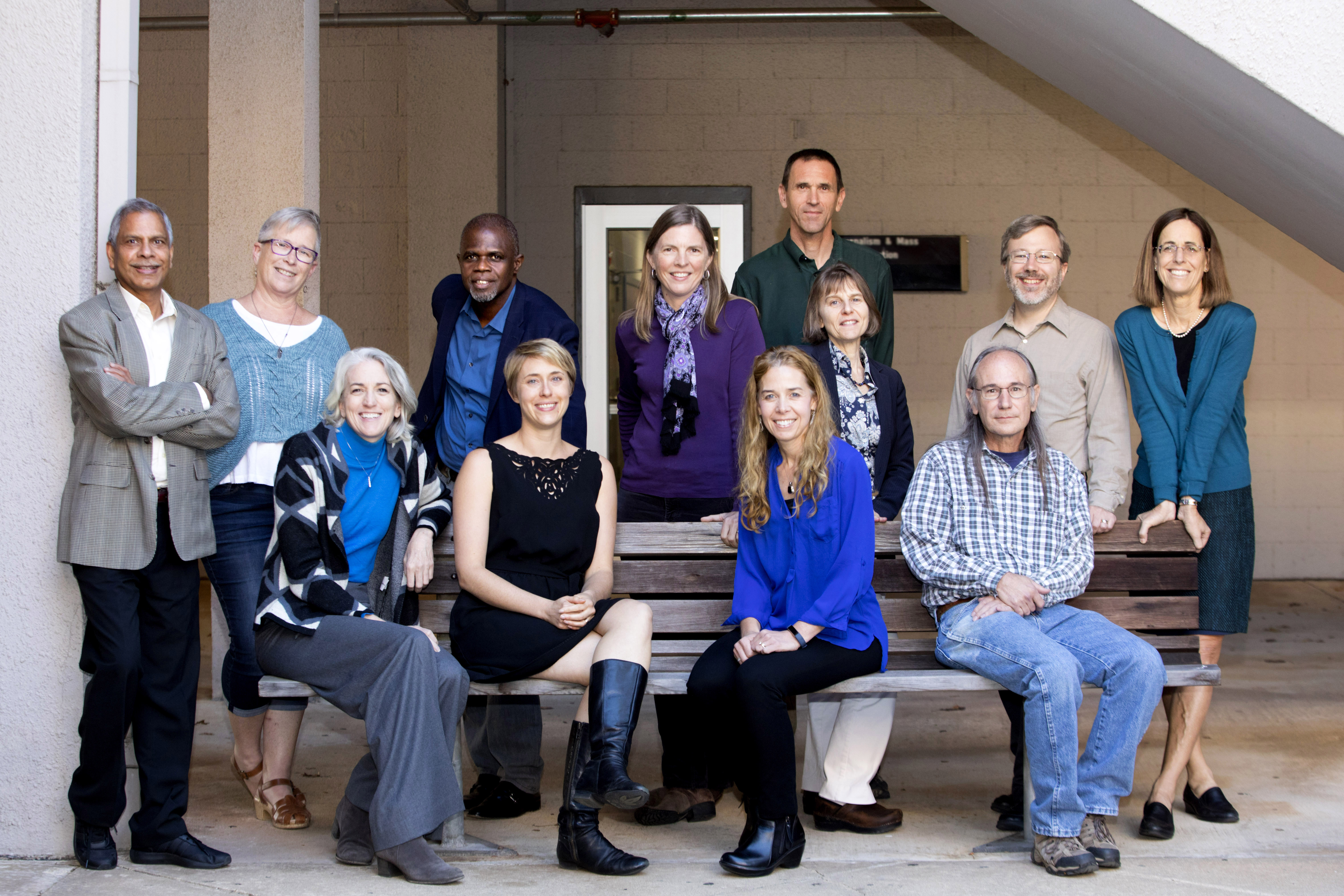Just one year after its inception, a University of Georgia project to transform STEM education is fostering collaborations on campus as well as nationally.
Funded by a $3 million grant from the National Science Foundation, the Department and Leadership Teams for Action program, or DeLTA, will engage more than 100 University of Georgia faculty across multiple departments to transform STEM education at institutions of higher education nationwide.
Principal investigator Paula Lemons, an associate professor in the department of biochemistry and molecular biology, explained that she and her colleagues have initiated a plan to organize action teams and train faculty participants.
“We’re taking a distributed leadership approach to planning,” said Lemons, who leads an interdisciplinary center on campus known as Scientists Engaged in Education Research, or SEER. “We first had to come up with a training method for facilitators geared toward answering the question ‘How do you lead change?’ From there, our leadership team can work to provide tools and guidance needed for our facilitators to succeed.”
Every two years, DeLTA will incorporate and train a new cohort of facilitators. The multi-disciplinary faculty members will spearhead new initiatives in their respective departments to gradually expand the reach of DeLTA’s efforts. Facilitators are then broken up into three different action teams—instructional, leadership and strategic—to tackle different goals in the planning and implementation processes.
“This project is designed to allow STEM faculty an opportunity to collaborate with other faculty to address challenges that they are finding in their teaching,” said Peggy Brickman, Josiah Meigs Distinguished Teaching Professor in the department of plant biology and leader of the project’s instructional action team. “In addition to their own perspectives, they have the opportunity to examine student work on assignments and tests to examine where students are having difficulties.”
DeLTA kicked off the academic year with a talk from David Asai, a renowned scientist and senior director of science education at the Howard Hughes Medical Institute. Asai’s talk, titled “Opportunities…Missed,” explored current and future efforts to transform STEM higher education.
“In science, I think instead of asking our students ‘what do you think?,’ we ask them ‘what do you know?’ ” Asai said. “It takes away the sense that students are there to learn something and feels more like they are just there to memorize.”
Asai encouraged STEM leadership to promote exploration through hands-on experiences.
“The difference between thinking and knowing and discovering and getting the right answer is what I think we, the people in this room who care about this, need to think about.”
DeLTA leadership are also seeking opportunities to collaborate and expand nationally. In the fall, Lemons attended the Transforming the Evaluation of Teaching conference at the National Academies of Science in Washington D.C., where she collaborated with more than a dozen faculty from across the country. Participants presented their current initiatives to transform the teaching evaluation process to build consensus on the approach to gathering effective student feedback.
Throughout the year, DeLTA facilitators will continue to explore methods to inspire change in how STEM is taught and supported by departments and institutions. Actions such as increasing hands-on learning and improving transparency in course evaluations are expected to take place in UGA STEM departments within the next year as beginning steps to a larger STEM education transformation.
“DeLTA and projects like it are thinking especially about how we teach, how the pedagogy works, how we make our classrooms and laboratories more inclusive for our students,” Asai said.


